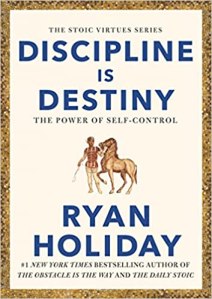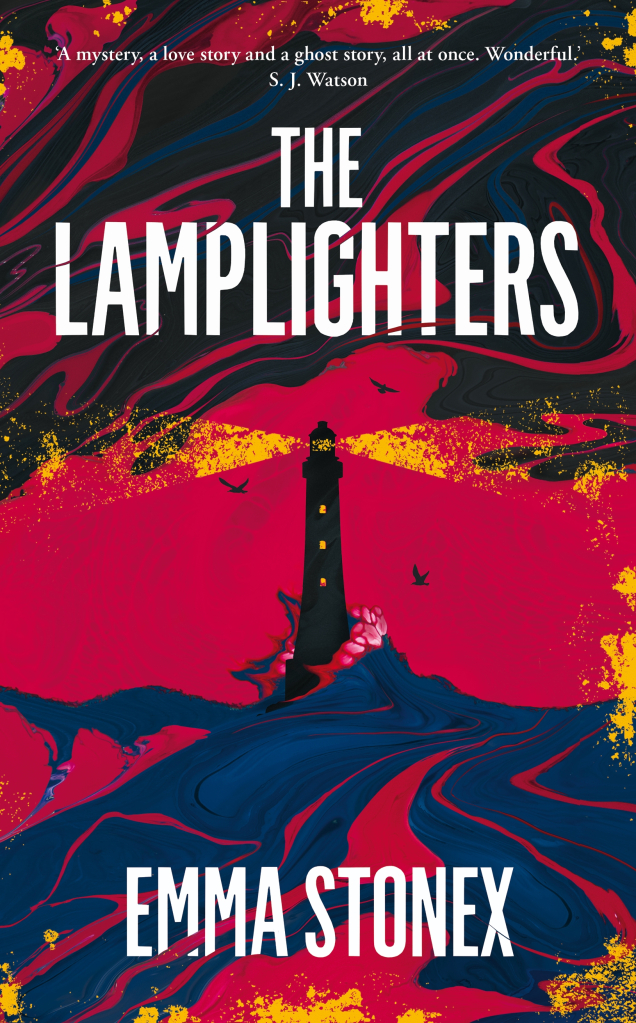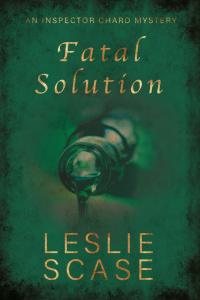
Today’s post is by writer Star Wuerdemann.
In 2015, I attended a writing retreat with Natalie Goldberg and had a terrible revelation. As I sat in a room among 75 people diligently scribbling in notebooks, I realized: I had no writer friends.
Now, nine years later, I have a solid writing community that continues to grow and support me. Along the way, I had the opportunity to ask Jane Friedman the most important step to take as an early writer. She said, “Build your website.” Then she laughed and admitted that was the pragmatic side; the other most important thing is to build your literary community.
What is literary community and why do people talk about it all the time?
Literary community is the collective connected through the making of literature: writing, reading, and publishing. Word folks, of all kinds. But more than that, it’s the people who are going to cheer you on when you succeed and encourage you when you fail. Which you will. A writing career is a long game; you need folks by your side.
Building community, while similar to networking, isn’t the same. A literary community will have connections that help your career, but it’s also going to be your support network. Your friends. Author Mary Boone, who has published over 70 books, says, “Community is how you are going to get the writing done.”
But I write alone, you protest. Read the acknowledgements of pretty much any book you’ve appreciated and see just how many people get thanked by the author.
But how does one go about building literary community?
It’s hard to make connections alone at your desk. Thankfully, for those who can’t physically show up for a myriad of reasons, there are many virtual opportunities.
Great, you say. Just where do I show up and find people?
Participate on social media (one place)
Many writers still mourn the loss of literary Twitter, and rightfully so, but literary folks remain online. Find the social media platform that works for you, not the one you think you should be on. Jane Friedman says, “It’s okay to play to your strengths… Go where you can sustain the activity, otherwise it’s not going to have any effect.”
Pick one place and build a presence there. Follow authors, bookstores, libraries, editors, publishers, literary agents, literary journals. Interact with the people and places that resonate with you. Build your knowledge about what is happening in the world of writing and publishing.
Have conversations in the newsletter space
Newsletters are having a moment and are a great way to participate in the literary community. Currently, there are a lot of newsletters on Substack which has the benefit of recommendations to other newsletters. Regardless of the platform, you can easily find out if someone has a newsletter from their website or social media. Find newsletters that interest you. Engage with the author and readers via comments.
One of my favorite newsletters is Pub Cheerleaders, co-written by Rachel León and Amy Giacalone, that promotes literary community with encouragement to writers and reading recommendations through book reviews and author interviews. Speaking of…
Be a cheerleader
- Show up at local author events. Tip: It’s okay not to buy the book. Your presence is a contribution, especially if you ask a question.
- Share other writers’ successes on social media: publications, awards, new jobs/roles, etc.
- Tell people about an essay or story you loved. Put a book in someone’s hands.
- Tell writers when you appreciate them. Keep it simple and genuine: “I really enjoyed your piece,” or “I appreciated what you said about story structure.” This can be in-person or online.
Join associations near and far
There are many professional organizations and associations dedicated to writing. Look for a writing association in your area to find local connections. There are genre-specific organizations that can offer opportunities for connection as well. (Women’s Fiction Writers Association, Romance Writers of America, National Association of Memoir Writers, Science Fiction and Fantasy Writers Association, Society of Children’s Book Writers and Illustrators, to name a few). Check out The Authors Guild, a national organization that strongly advocates for the rights of writers. They also offer educational opportunities.
Take classes
If you live near a city, there is likely a writing center of some sort. If not, find an online class. If you can, take a multi-week class. Being in a regular group more easily fosters connection than a one-off event. There are many paid opportunities, of course, which run the gamut from wonderful to terrible. Do some research on the teacher and the organization offering a class and be thoughtful in your selection. (See Andromeda Romano-Lax’s recent post on Jane’s blog: Workshopper Beware.) And even if you end up in a not-great workshop, you may still find a great writing friend and/or reader.
Can’t afford a class? Writing is sometimes lamented as a “pay to play” game, and while it may be easier to build your community if you can afford paid events, there are many free opportunities and those that have minimal cost. And remember, many institutions have financial aid available these days.
Attend free (or nearly free) events
Who are the local authors to your area? What events do they have going on? Look for book festivals and literary fairs in your area. See if there are any drop-in writing groups (good places to look: Shut Up & Write! and Meetup). Check out your local bookstores and local library.
Nothing local? I attend free events from all over. I discover them through newsletters, social media posts, and from my writing community. One of my favorite free online events is run by Miami Book Fair called First Draft: A Virtual Literary Social.
Think outside the critique/workshop
Often writers think they want a writing group, meaning a group that gives feedback on each other’s work. Critique groups can be wonderful, but there are many other possibilities for groups, most of which cost nothing.
- Write-ins. Here in Washington, I’ve coordinated with a local bookstore to start a drop-in writing group in their event space, advertised through their website. Write-ins can happen in-person or online. Do a brief check in, then set a timer for a prescribed amount of work time during which there is no talking. Check in at the end to see how it went for everyone.
- Writing-specific book club. Pick a craft book you’ve been wanting to read and partner with a friend or small group to read it and discuss. Or pick a book of your genre and do a close reading. One writing friend and I each read a novel for specific craft elements, and then get together via Zoom to discuss.
- Accountability groups. I belong to an accountability group hosted by authors Tessa Fontaine and Annie Hartnett. They co-lead Accountability Workshops designed to help writers fulfill their commitment to their own writing. Author Jami Attenberg runs #1000wordsofsummer, an online accountability community who commiserate and cheer each other on in writing, you guessed it, one thousand words a day. NaNoWriMo, a challenge to write 50,000 words of a novel in the month of November, has been happening since 1999.
- Book Banter Groups. Book Banter groups, often run by libraries or bookstores, are folks gathering to talk about the books they are reading and loving. If there isn’t one happening near you, you could start one.
Try the Beta Reader Match Up
Ready to have your project read and still need to find willing beta readers? Several times a year, founder of the podcast The Sh*t No One Tells You About Writing, Bianca Marais, hosts a Beta Reader Match Up. There is a small fee ($20 at the time of writing this) and a detailed questionnaire that helps connect the right writers with each other.
Go to writers conferences
Attending a conference is a great way to connect with the literary community and meet a broad array of folks in the literary world. The Association of Writers & Writing Programs, aka AWP, hosts the largest conference but there are many others. AWP’s website has a directory of Writing Centers and Conferences: AWP Directory.
If you can’t afford a conference, consider volunteering. I volunteered for my first conference and while I didn’t get to attend as many panels, I got to meet and talk with folks I wouldn’t have as a regular attendee.
Consider graduate study
I would be remiss if I didn’t mention graduate study. Many people build their network by attending an MFA program, either in-person or low-residency. But it’s not a slam-dunk—every cohort is different, and not everyone finds their writing community through their program. Plus it can be very costly. I don’t have an MFA, but I do have a robust literary community.
Final thoughts
- The writing world is small. Smaller than you think! Your actions matter—treat other people with respect and kindness.
- Seek out peers—find the folks who are at a similar place in their writing career or have a similar dedication to their literary goals.
- Don’t buy into the scarcity construct—be generous. If you’re lucky enough to find yourself with a seat at the literary table, invite a friend to join. Rebecca Makkai says that it’s not just our job to make room, but to make the table bigger. Have faith there is space.
Much like writing and revising, building your literary community is both contrived and organic. You must deliberately seek out opportunities, but then allow the friendships and connections to unfold. Put your energy into people and places that are a good fit for you and your writing goals, and your literary community will thrive.
Star Wuerdemann is a writer currently residing in the Tacoma, Washington area. She holds a BA in English Language and Literature, a Master’s of Acupuncture, and Jukai (lay ordination) in Zen Buddhism. She is a graduate of The Loft Literary Center’s Year-Long Novel Project, and a 2023 Bread Loaf Writers’ Conference attendee. Her novel-in-progress was longlisted for the 2022 Caledonia Novel Award (an international award for unpublished novelists). She is currently revising this novel while also working on a collection of short stories. Find her on her website starwuerdemann.com or on social media @starwuerdemann.





